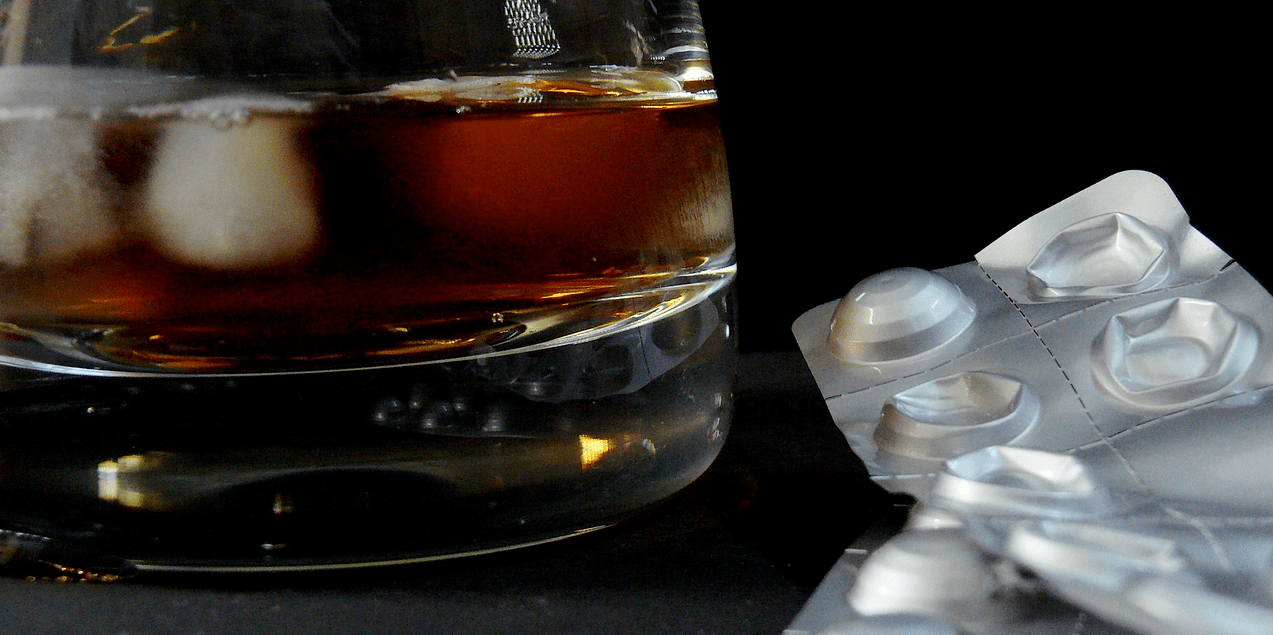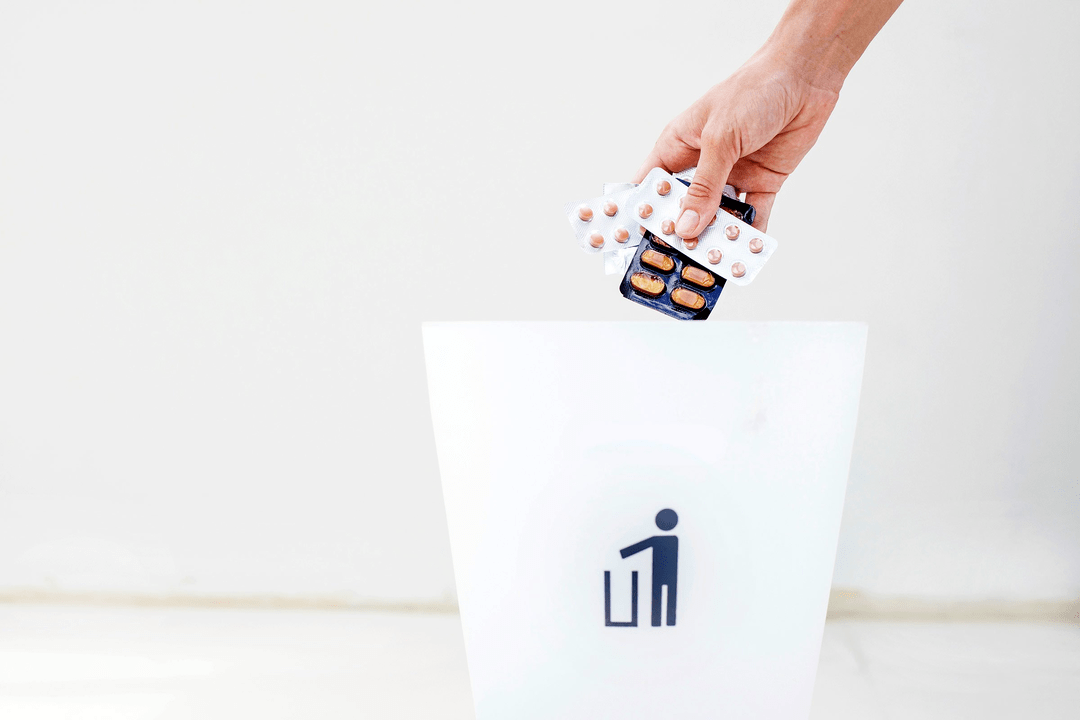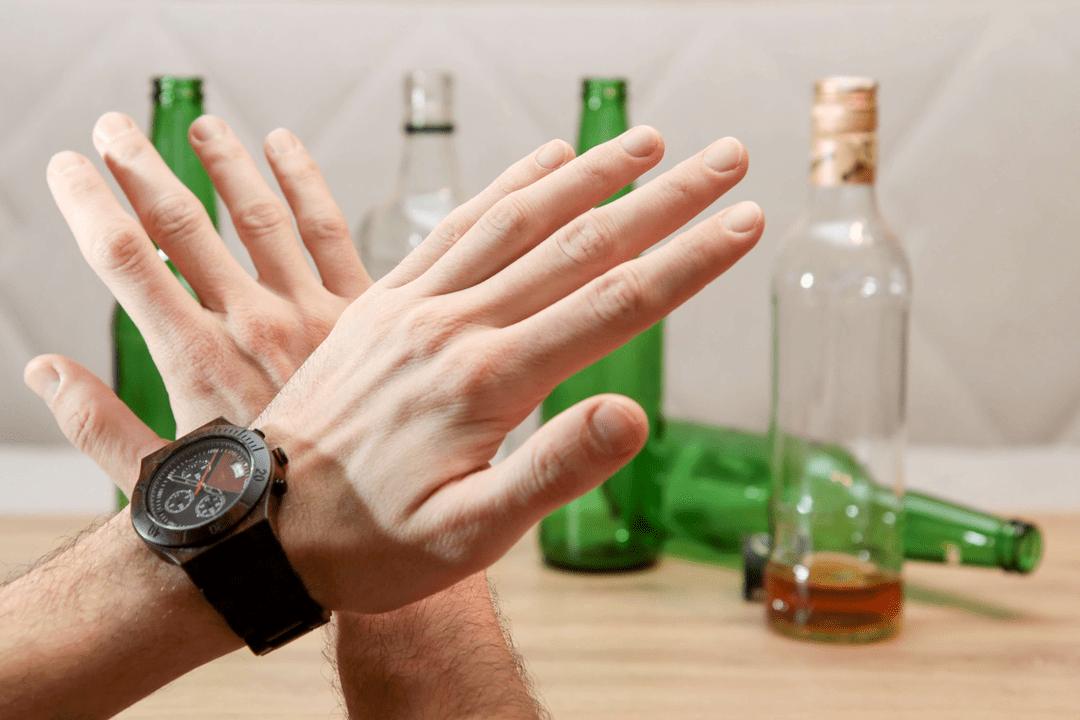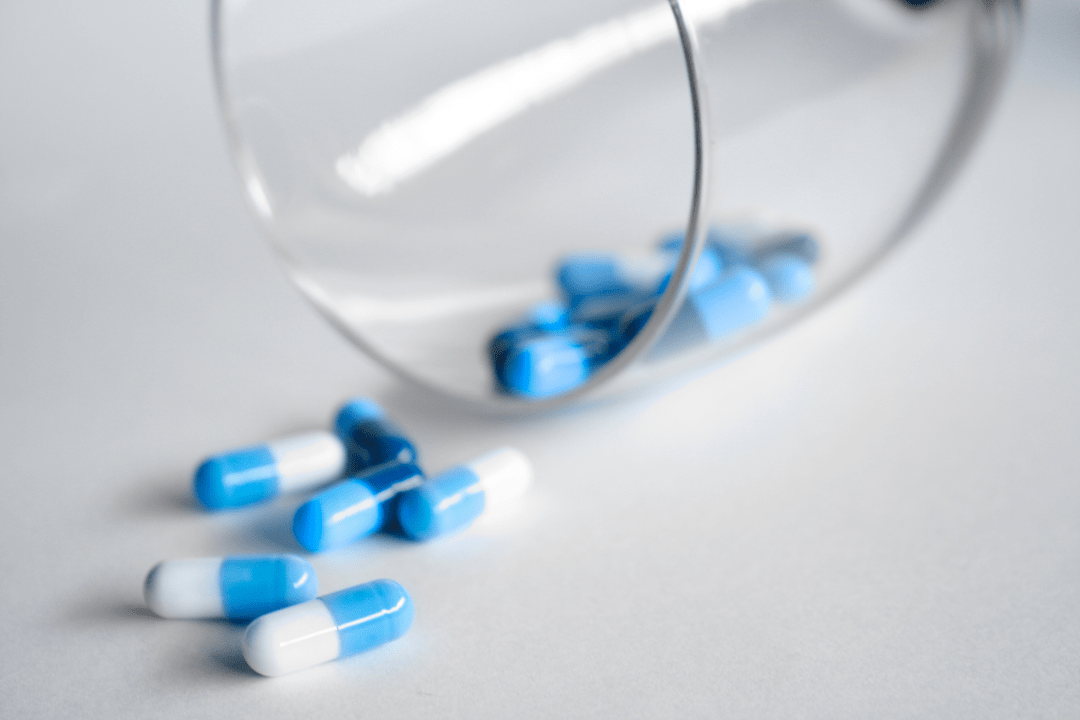Are antibiotics and alcohol compatible, under which conditions the danger of this combination is reasonable, and when will it be exaggerated? We answered this question in the article.
Sometimes antibiotics are essential. They are used to treat various diseases, and they usually happen completely "at the wrong time": on the eve of a long-awaited celebration, or, for example, at a company party.
Finding themselves in this situation, some people feel bored at the holiday table and categorically refuse even a glass of wine or a sip of beer. Others decide to interrupt the course of antibiotics, absolutely sure that they do much less harm to their bodies.
Let's keep it right away: skipping one or two doses of the drug will counteract the effectiveness of the treatment. In addition, irregular intake of antibiotics will make pathogens more resistant to them, which will only exacerbate the problem. In order to defeat these experimentally "hardened" bacteria, you must increase the dose or prescribe stronger drugs.
What happens if you drink a glass of wine or a little beer in the context of antibacterial treatment? There is probably nothing. According to the Russian Air Force Service, citing British scientists, alcohol will not affect the most commonly used antibiotics in any way. They are neutral to each other, which means that this combination should not be expected to produce unpleasant "side effects", of course, if the problem is limited to a glass of wine, and we are not talking about something that should not be combined with any amountAlcohol mix.

To understand all the risks associated with taking any medications (including antibiotics) and alcohol at the same time, you should read the instructions carefully and make sure there is no such thing.
What antibiotic is best not to combine with alcohol
It is not worth taking risks and drinking alcohol during treatment with antibiotics belonging to this category, because many studies have confirmed that ethanol will weaken its effects.
It is also important to consider the fact that metronidazole and tinidazole substances chemically react with alcohol and enhance their toxic effects on the liver. However, the data for this score is quite contradictory, but is it worth the risk?
Some members of the cephalosporin group slow the breakdown of ethanol, thereby triggering the disulfiram reaction. These drugs block the enzymes that help break down acetaldehyde, which eventually accumulates in the body and causes headaches, nausea, tachycardia, shortness of breath, convulsions, and other unpleasant symptoms.
According to some reports, some bacteriostatic antibiotics may also cause similar reactions, but these antibiotics are not frequently used recently. The combination of alcohol and antifungal agents is dangerous.

Alcohol and some antibiotics can not only make the entire treatment ineffective, but also cause harm
Long-term use of antibiotics and alcohol
At the same time, it is important to understand that with long-term use, many antibiotics, including erythromycin, rifampicin, tetracycline, sulfonamides, nitrofurans, and lincomycin, will accumulate in high concentrations in the bile. Over time, it can cause toxic liver damage. As the main detoxification organ, it itself is mainly affected by the side effects of drugs. Cholestatic hepatitis and even fat infiltration of liver cells are usually temporary, but for this vital organ, if it wants to metabolize drugs and alcohol at the same time, it has to bear a double load, which is still not worth it.

Avoiding alcohol is the best choice for most drugs.
Another argument for avoiding alcohol during antibiotic treatment is that ethanol causes dehydration and slows the overall healing process.
Which antibiotics have not been used in combination
However, the problem is not limited to quitting alcohol while taking antibiotics. The other medicines a person takes and even what they drink together with the medicines they take play an important role.
So, for example, drinking a glass of milk with antibiotic pills or a curd casserole can offset all the benefits of the drug. Penicillin and tetracycline form stable chelates with calcium and bind the worst to dairy products. But it is perfectly acceptable to drink erythromycin with milk.
Antibiotics cannot be combined with tea, coffee, lemonade, fruits and juices, and dishes containing vinegar.
You need to take antibiotics regularly according to the instructions. If the problem is not limited to taking one medication, it is important to ensure that these medications do not conflict with each other. Of course, a qualified doctor will not prescribe incompatible drugs, but he may not even know that you are currently being treated by another specialist and taking the drugs he prescribes.
Therefore, for example, simultaneous administration of cholestyramine substances and intestinal absorption preparations with antibiotics will reduce the absorption of the latter. Combination of erythromycin and oral contraceptives can cause intrahepatic cholestasis, and some antibiotics can reduce the effectiveness of oral contraceptives.
Due to the risk of bleeding, the combination of cephalosporins and thrombolytics is dangerous, and macrolides and fluoroquinolones can enhance the toxic effects of theophylline.

The combination of alcohol and multiple drugs can be fatal
Which drugs are dangerous when combined with alcohol
Do not take analgesics, antidepressants, muscle relaxants, antihypertensives, antipsychotics, diuretics, antipyretics, cardiovascular drugs, anticoagulants, analgesics, antihistamines and sleeping pills, and oral contraceptionCombine medicine and alcohol. In each case, the undesirable side effects are different and sometimes even very dangerous.
Finally, we have to pay attention: in order to make antibiotics no problem, please read the instructions carefully. And, of course, you should not decide to drink antibiotics yourself. Your doctor should prescribe them. Self-medication is fraught with serious health problems.
























